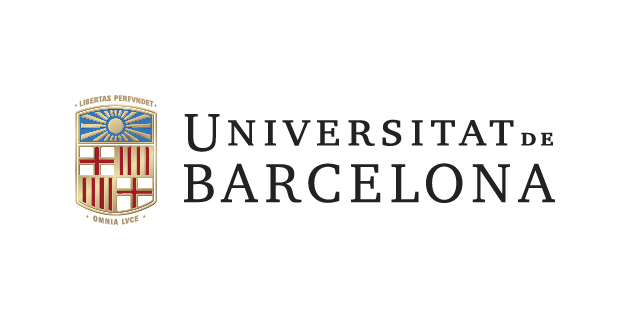
The University of Barcelona (UB) was founded in 1450, is one of the oldest universities in Spain and is the largest university in Catalonia. UB is ranked the first Spanish university according to several rankings (QS World University Rankings 2018, ARWU/Shanghai Ranking 2018).
This project will be carried out at UB’s Artificial Intelligence in Medicine Lab (BCN-AIM), which is an essential part of the Department of Mathematics and Computer Science. BCM-AIM is composed of 10 passionate researchers in artificial intelligence, computer vision, medical imaging, machine/deep learning, and health-related applications. BCN-AIM’s current research focuses on the development of data science and machine learning approaches for the analysis of large-scale biomedical data, including imaging, biological, clinical, lifestyle and mobile data. Moreover, the research team has an established track record in coordination and participation in national, European and international projects on data science and AI, for example euCanSHare and EarlyCause.
Role in LongITools
UB led work package 7, which built and tested a proof-of-concept healthcare app for risk monitoring. UB developed the AI model, one of three components in the tool, and participated in work packages 2 and 3, which linked data for model validation and built exposome-based predictive modelling of cardiometabolic risk. They also developed an exposome data analysis toolbox.